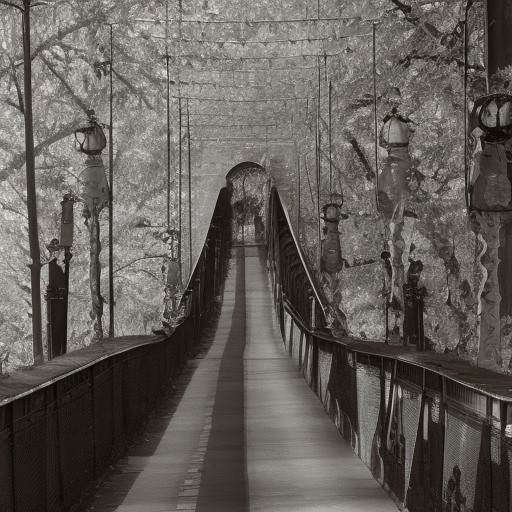The Bridge on the River Kwai (1957): A Tale of Honor, Pride, and Sacrifice
Main Cast and Crew:
- Director: David Lean
- Writer(s): Carl Foreman, Michael Wilson
- Key Actors: Alec Guinness as Colonel Nicholson, William Holden as Shears, Jack Hawkins as Major Warden, Sessue Hayakawa as Colonel Saito
- Music Director: Malcolm Arnold
- Director of Photography: Jack Hildyard
- Producers: Sam Spiegel
In “The Bridge on the River Kwai,” director David Lean masterfully crafts a World War II epic that explores the complexities of honor, pride, and sacrifice. Set in a Japanese prisoner-of-war camp in Burma, the film follows the intersecting paths of Colonel Nicholson, Shears, and Colonel Saito.
Colonel Nicholson, played by Alec Guinness, is a British officer who becomes a prisoner of war after his troops surrender to the Japanese. Nicholson’s unwavering commitment to the principles of the British army leads him to defy Colonel Saito’s orders to have his men build a bridge over the River Kwai. Instead, Nicholson insists on constructing a bridge that adheres to the highest standards of British engineering.
Meanwhile, Shears, portrayed by William Holden, is an American officer who has managed to escape the camp. However, he is coerced into returning with a team of commandos to destroy the bridge. As the mission unfolds, Shears finds himself torn between his duty and his desire for self-preservation.
The film explores the clash of cultures and ideologies between the British and the Japanese. It delves into the themes of honor, duty, and the lengths individuals will go to uphold their principles. As the bridge nears completion, tensions rise, and the characters’ motivations are tested.
One of the central motifs of the movie is the irony of pride. Colonel Nicholson’s pride in his men and their ability to construct a remarkable bridge becomes his downfall. He becomes so consumed by his desire for perfection that he loses sight of the fact that the bridge will aid the enemy. The film also explores the destructive power of pride and the sacrifices made in the name of honor.
Upon its release, “The Bridge on the River Kwai” was met with critical acclaim. It won seven Academy Awards, including Best Picture, Best Director for David Lean, and Best Actor for Alec Guinness. The film’s stunning cinematography and gripping storytelling captivated audiences, solidifying its place in cinematic history.
The movie’s legacy extends beyond its critical and commercial success. It remains a testament to the power of filmmaking and its ability to explore complex themes within the context of war. “The Bridge on the River Kwai” continues to be celebrated for its compelling characters, thought-provoking narrative, and its examination of the human condition.
For those seeking a captivating war film that delves into the complexities of honor and pride, “The Bridge on the River Kwai” is a must-watch. Its stellar performances, meticulous attention to detail, and thought-provoking themes make it a timeless classic that still resonates with audiences today.
Memorable Quote:
“Madness! Madness!” – Colonel Nicholson












